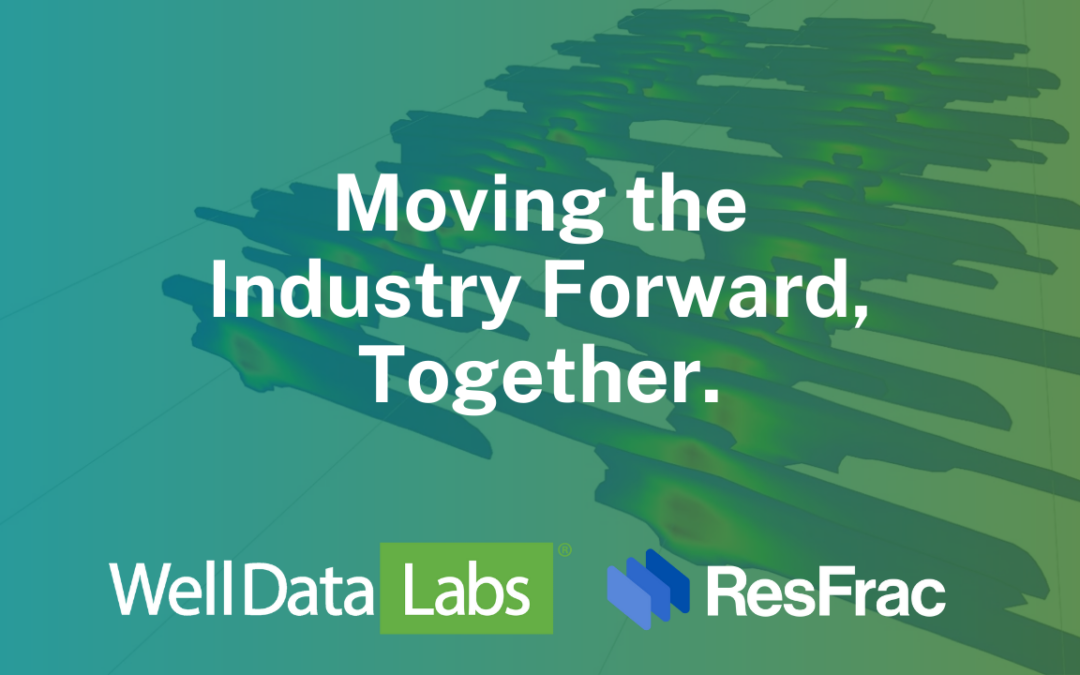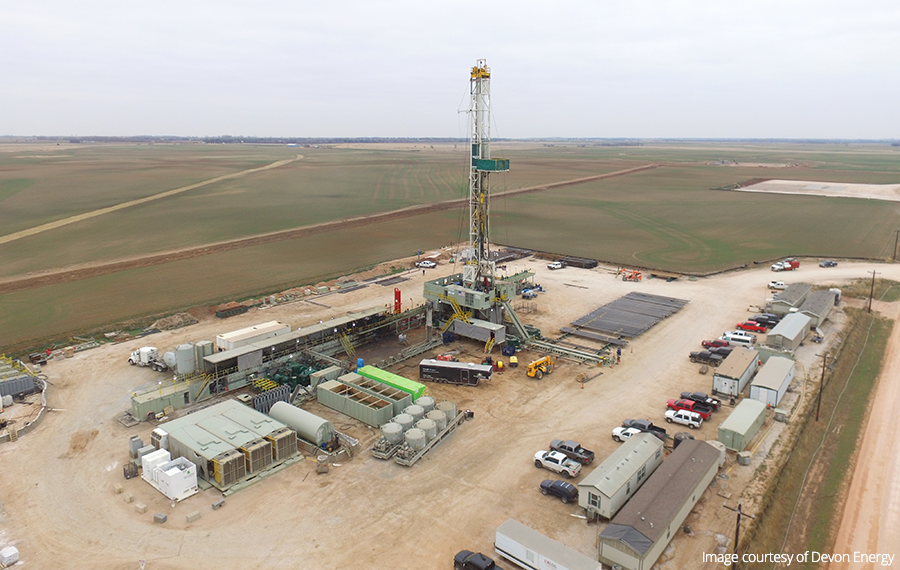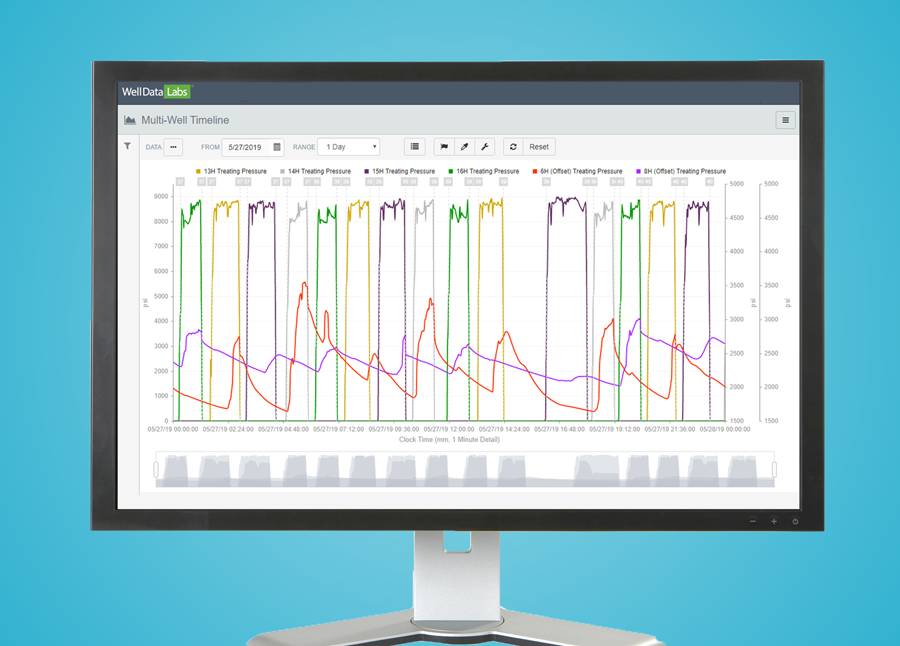
by Well Data Labs | May 25, 2023 | Data Integration
The oil and gas industry is constantly seeking ways to optimize and improve production while keeping costs low and reducing environmental impacts. In the Eagle Ford shale, one of the most significant challenges faced by operators is determining the most efficient...

by Karen Olson | Nov 3, 2020 | Completions, Data Analytics, Data Integration, Data Science, Fracture Diagnostics, Machine Learning
There’s been a lot of talk in the last eight months about SWPM (Sealed Wellbore Pressure Monitoring) with Devon’s patent-pending technology but, have you heard the acronym VFR? No, it’s not Visual Flight Rules. But, if you answered Volume to First Response, skip to...

by Ryan Guest | Jun 4, 2020 | Completions, Data Analytics, Data Integration, Data Science
The newest fracture diagnostic on the market: how it works and what it can do for your completion operations The Upstream Oil & Gas Industry has seen its share of innovation and revolution over the past several decades. From the shale revolution allowing operators...

by Jessica Iriarte | Apr 22, 2020 | Completions, Data Analytics, Data Integration, Data Science, Industry Insights
The topic of fracture-driven interactions has been among some of the industry’s top headlines, perhaps not in the last several weeks but certainly in the previous year, if not longer. Whether you call it frac hits, frac bashing, well interference, or fracture-driven...

by Ryan Guest | Apr 6, 2020 | Data Analytics, Data Integration
These days, there is no shortage of corporate training available to companies looking to upskill their workforce. So how do you know which training options are best for you? It’s a complex question, and one that does not have a one-size-fits-all answer...
by Jessica Iriarte | Jan 24, 2019 | Completions, Data Integration
Integrating Rock Properties and Fracture Treatment Data to Help Optimize Completions Design In case you missed this paper on the Society of Petroleum Engineers (SPE) OnePetro website, a team of experts from Hawkwood Energy, FractureID, and Well Data Labs describe how...






